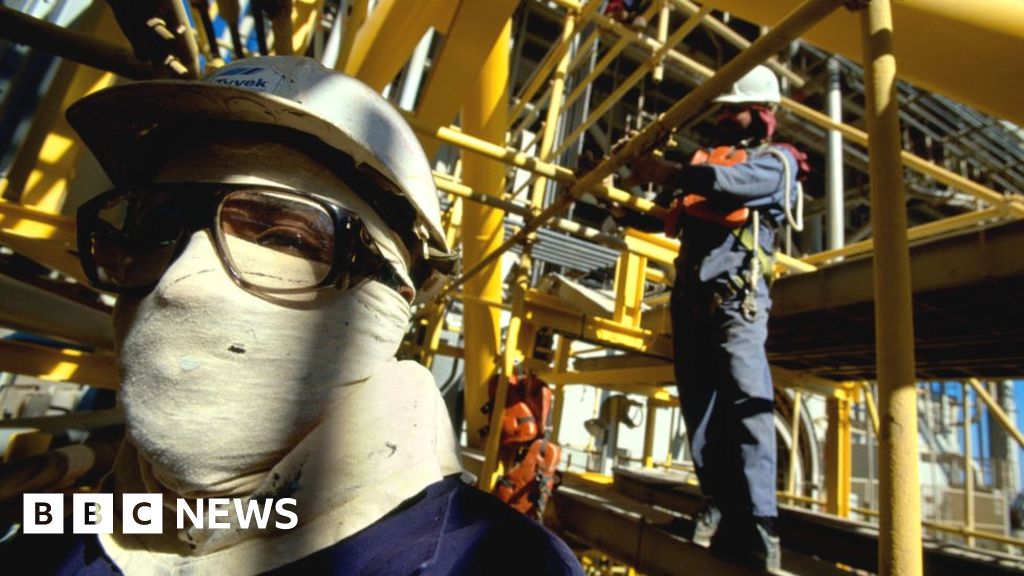Oil prices have jumped on concerns that the situation in Israel and Gaza could disrupt output from the Middle East.
Brent crude, the international benchmark, climbed by $2.25 a barrel to $86.83, while US prices also rose.
Israel and Palestinian territories are not oil producers but the Middle Eastern region accounts for almost a third of global supply.
Hamas’s assault on Israel was the biggest escalation between the two sides for decades.
Western nations condemned the attacks. A spokesperson for Hamas, the Palestinian militant group, told the BBC that the group had direct backing for the move from Iran - one of the world’s largest oil producers.



This is the best summary I could come up with:
Energy analyst Saul Kavonic told the BBC that global oil prices have risen “due to the prospect of a wider conflagration that could spread to nearby major oil-producing nations such as Iran and Saudi Arabia”.
“If the conflict envelops Iran, which has been accused of supporting the Hamas attacks, up to 3% of global oil supply is at risk,” Mr Kavonic added.
Caroline Bain, chief commodities economist at Capital Economics, told the BBC’s Today programme that Iran had been increasing oil production over the course of this year despite US sanctions.
Overall, Ms Bain said Capital Economics expected demand for oil to exceed supply in the final three months of the year and “that should support higher prices”.
Mr Kavonic said that about a fifth of global supply would be “held hostage” if passage through the Strait of Hormuz, a vital oil trading route is disrupted.
Uncertainty over how events could develop in the coming days may also drive investments into US Treasury bonds and the dollar, which investors traditionally buy at times of crisis, said James Cheo from HSBC bank.
The original article contains 576 words, the summary contains 181 words. Saved 69%. I’m a bot and I’m open source!